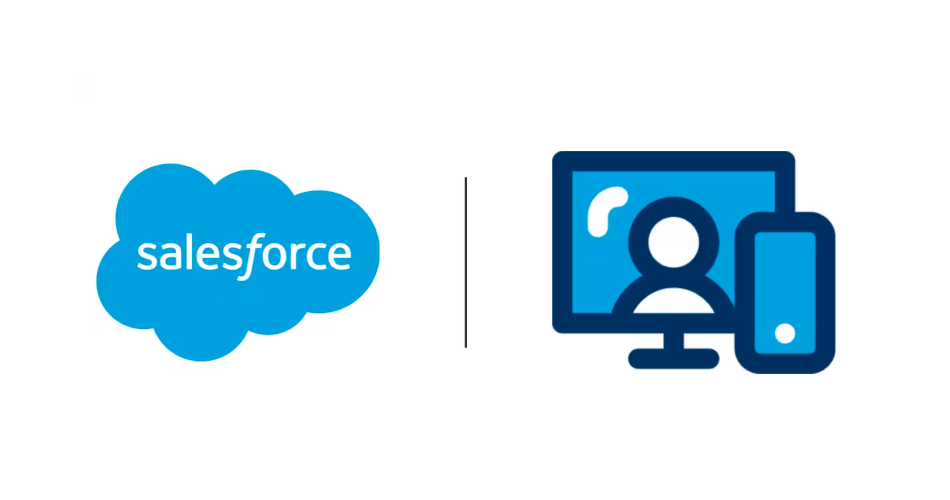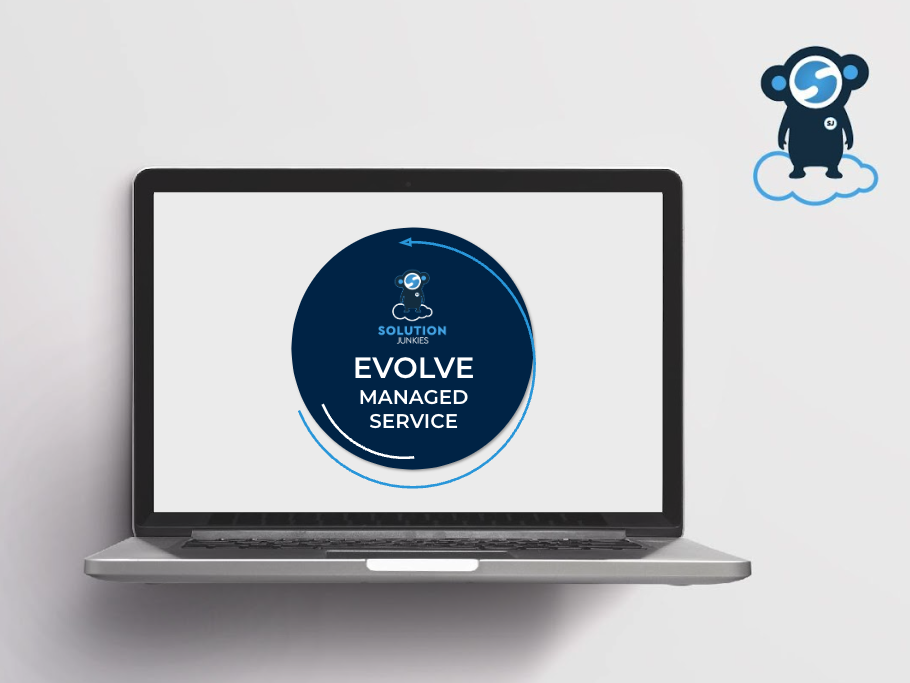To excel in managing customer data, Salesforce offers a wide array of pre-built and customisable objects within the platform. In this guide, we’ll delve into the core Salesforce objects (Accounts, Contacts, and Leads) and provide a comprehensive overview of custom objects, including some industry examples. Whether you are a novice Salesforce learner or an experienced Trailblazer, this article is about the fundamentals. It’s always worth a refresher, so let’s get started!
Standard Salesforce Objects with Industry examples
Accounts
Accounts are the foundation of Salesforce, representing organisations or individuals with whom your business engages. Serving as a centralised hub, Accounts store vital information about customers or companies. Key data points include the organisation’s name, address, phone number, industry, and more.
Industry Example: In the financial sector, an Account might represent a bank or financial institution. It encompasses details such as the institution’s name, address, phone number, and any associated financial transactions.
Contacts
Contacts are individuals associated with an Account. They can be decision-makers, influencers, or primary points of contact within an organisation. Managing Contacts allows you to maintain a comprehensive view of customer relationships. Essential Contact information includes names, job titles, email addresses, phone numbers, and more.
Industry Example: Within the healthcare industry, a Contact could represent a physician or specialist. Their Contact record may include details such as their name, specialisation, clinic or hospital affiliation, and contact information.
Leads
Leads are potential prospects or individuals who have shown interest in your products or services but have not yet met the criteria to become an Account or Contact. They serve as the starting point for nurturing and converting them into actual customers. Leads typically contain basic information like names, email addresses, phone numbers, and any other data collected during the lead generation process- which varies a lot by the product or service you are generating leads for.
Industry Example: In the software industry, a Lead might be an individual who has expressed interest in a particular software solution by filling out an online form or attending a webinar. Their Lead record could include their name, job title, email address, company name, and specific areas of interest.
An Introduction to Custom Objects
In addition to the standard objects, Salesforce enables users to create custom objects tailored to their unique business requirements. Custom objects provide flexibility, allowing businesses to capture and manage specific data points and processes not covered by standard objects.
Commonly Used Custom Objects
Products
The Products object enables tracking and management of the products or services your business offers. Custom fields like SKUs, pricing, inventory levels, and more can be defined. This object empowers sales teams to associate products accurately with opportunities and track sales revenue effectively.
Industry Example: A technology company might utilise the Products object to catalogue software licences, hardware devices, and associated pricing details.
Cases
The Cases object helps organisations track and manage customer inquiries, complaints, or support requests. It ensures streamlined logging, assignment, and resolution of customer issues, leading to enhanced customer satisfaction.
Industry Example: A telecommunications company might use the Cases object to monitor customer support tickets related to service outages, billing disputes, or technical difficulties.
Events
The Events object allows businesses to plan and manage various events such as meetings, conferences, webinars, or product launches. It facilitates event planning, attendee management, and coordination with internal teams.
Industry Example: An event management company might leverage the Events object to track event details, participant registrations, venue information, and logistical requirements.
Why Custom Objects Matter
Custom objects are vital as they offer a flexible framework to address specific business processes and data requirements. They empower businesses to extend the standard Salesforce functionality and capture unique information relevant to their industry or organisational workflows. Custom objects enable users to build tailored solutions aligned with their business goals, resulting in increased productivity and improved data.
You can learn more about Custom Objects on this Trailhead.
Final note
Mastering the core Salesforce objects (Accounts, Contacts, and Leads) is crucial for effective customer relationship management. Additionally, custom objects empower businesses to tailor their CRM implementation to their unique requirements, resulting in a more efficient and personalised Salesforce experience. By leveraging both standard and custom objects, organisations can unlock the full potential of Salesforce and achieve their business objectives seamlessly.
Keep in mind that Salesforce provides a diverse range of objects beyond those covered in this guide, enabling you to create a comprehensive CRM solution tailored to your industry and organisational needs. Whether you are a beginner or an experienced Salesforce user, this knowledge will propel you towards Salesforce success.
Thank you for taking the time to read this article; I greatly appreciate you joining me on this Salesforce journey. I wish you the best of luck with your Salesforce goals, and hope this information was helpful to you in achieving them. If you would like further information or support regarding the use of Salesforce Objects in your organisation, please feel free to contact me through Solution Junkies, who specialise in providing cutting-edge sector-agnostic Salesforce solutions, evolving your organisational practices whilst giving back to the community with guidance from our industry leading experts.



